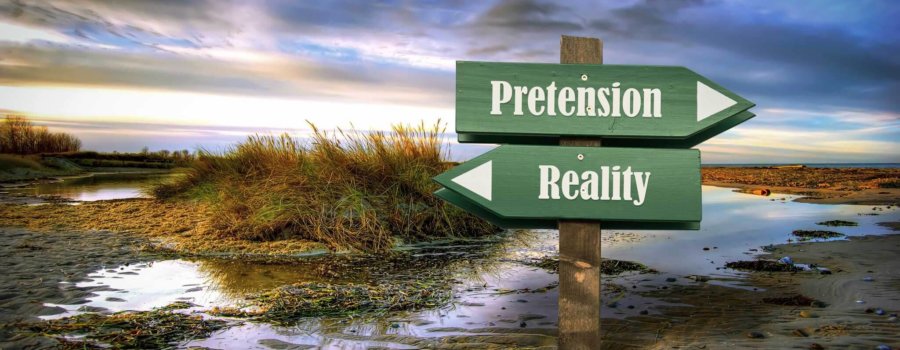Why does time seem to melt away the negative memories, yet accentuate the perception of the good memories? So, what happens when you only remember the good?
Think back to a time where you may have laughed, been silly, or maybe a little crazy. You had a great time at the moment, but the aftermath or duration was horrendous. You paid it for it dearly with a massive hangover, a fight with a loved one, or you missed an obligation that was important to you.
Your negative emotions from memories seem to lessen versus positive emotions. This is called Fading Affect Bias, or FAB for short.
Fading Affect Bias
To give an example as a mom, I tend to excuse the excruciating pain I endured giving natural childbirth (with no medications) to my two 9-lb babies. I only have feelings of love from the first sounds I heard, the sight of their tiny bodies, and the instant connection I had in my heart. The birthing process doesn’t seem so bad now, twenty plus years later. If anything, I might even say it wasn’t that bad. That’s because my feelings in the moment of seeing my children for the first time far outweighed the hours of pain I experienced. I do not doubt that this is by design.
The experiences from the past can be painful, but we remember the good because of the emotions we felt at the time. One of the worst weeks of my life that I have glossed over until I wrote this blog. I am feeling the pain from that week, but up until this very moment, I had only good emotions tied to the event.
When you only remember the good
New Year’s Eve of 2013. There were four couples, including my husband and me. We were scooped away in a limousine, dined at our favorite local restaurant, had drinks in the limo, and finished our evening at a dance club. I remember laughing, dancing, acting super silly, but tend to minimize the fact that I had alcohol poisoning for a few days following that evening. It’s hard to believe my thoughts tend to move away from that fact. Maybe it’s because we had such a fun time while we were at the moment. I felt horrible for a week, but to this day, we laugh and talk about how much fun we had that year, and we have the pictures to remind us.
How about for you? Can you recall a fun memory, but you had some significant negative aspects of the experience that outweighed the good, at the time it happened? But now you tend to see it more positively, especially if you’re telling a story?
Putting a positive spin on things
You’re not alone. It’s a natural tendency to put a positive spin on our emotions in the after state. It may be out of a protective nature as we try to soften how “terrible” we were at the moment. Where it becomes serious, however, is when one overlooks the bad too often or minimizes the severity of the problem.
This is true of severe addictions. When we add in the chemical disruption of alcohol, for example, it may only take a day, or a week, to excuse the bad emotions and concentrate on the good feelings. The result produces a repeat of the behavior to feel good emotions once again, despite the consequences. The bad fades…hence the name.
Documenting for self-awareness
While we may not be able to forgo the experience of Fading Affect Bias, having awareness is helpful. We can journal our experiences as they happen. We can also video our state of mind in the moment or the next day to have documentation. It’s especially helpful if we are trying to alter a behavior, or when you’re questioning the drink.
It’s incredible how easily we can distort the truth of a story based on what we want to be true versus what really happened.
Now that you are aware of FAB, how might your future stories be told? What memories would serve you best?


